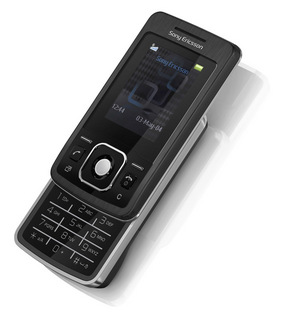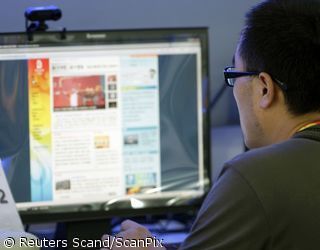Internet An Ideal Tool For Extremists - FBI
Published:
17 November 2001 y., Saturday
Modern information technology is facilitating new organizational models used by extremist groups, according to the FBI's National Infrastructure Protection Center (NIPC).
Technologies such as Internet relay chat (IRC), Web-based bulletin boards, and free e-mail accounts are enabling extremist groups to adopt a structure known as "leaderless resistance," according to an unclassified document published Nov. 10 by the NIPC.
"An extremist organization whose members get guidance from e-mails or by visiting a secure Web site can operate in a coordinated fashion without its members ever having to meet face to face," said the report, which was prepared by NIPC cyber-terrorism experts.
Extremist groups have adopted the leaderless resistance model in part to "limit damage from penetration by authorities" seeking information about impending attacks, the NIPC said.
Besides offering a medium for secure communications, Internet technologies also enable extremists to provide a "steady stream of propaganda" aimed at recruitment and indoctrination.
The report also said that electronic communication tools such as IRC and America Online's ICQ chat software enable widely dispersed members to share information "in support of a common (and sometimes violent) goal."
Šaltinis:
newsbytes.com
Copying, publishing, announcing any information from the News.lt portal without written permission of News.lt editorial office is prohibited.
The most popular articles
Software company announced new structure_ of it_s business.
more »
 An award-winning South Korean film director shoots a 30-minute movie using only Apple's iPhone 4.
more »
An award-winning South Korean film director shoots a 30-minute movie using only Apple's iPhone 4.
more »
 Nintendo aims to sell four million of its new 3-dimensional 3DS game console in the first 30 days of launch in Japan, U.S. and Europe.
more »
Nintendo aims to sell four million of its new 3-dimensional 3DS game console in the first 30 days of launch in Japan, U.S. and Europe.
more »
 Matchmaker Maria Avgitidis has a new love - Foursquare.
more »
Matchmaker Maria Avgitidis has a new love - Foursquare.
more »
 Gemalto,the world leader in digital security, today announced that the MEDEA+ ONOM@TOPIC+ project has been short-listed as one of the three finalists for the EUREKA Innovation award.
more »
Gemalto,the world leader in digital security, today announced that the MEDEA+ ONOM@TOPIC+ project has been short-listed as one of the three finalists for the EUREKA Innovation award.
more »
 China again warned Google on Tuesday to obey the nation’s law with its web search engine results, amid mounting signs the world No.1 could soon shut its mainland website.
more »
China again warned Google on Tuesday to obey the nation’s law with its web search engine results, amid mounting signs the world No.1 could soon shut its mainland website.
more »
 Video shot during a healthcare consultation can help patients recall important information and instructions later.
more »
Video shot during a healthcare consultation can help patients recall important information and instructions later.
more »
 High-speed internet is a basic good that must be available to everyone, Europe's local and regional politicians said today in support of the 'Europe 2020' goal of bringing broadband access to every home by 2013.
more »
High-speed internet is a basic good that must be available to everyone, Europe's local and regional politicians said today in support of the 'Europe 2020' goal of bringing broadband access to every home by 2013.
more »
 Wincor Nixdorf and HypoVereinsbank (HVB) have successfully completed one of the most extensive rollouts of self-service systems in Germany.
more »
Wincor Nixdorf and HypoVereinsbank (HVB) have successfully completed one of the most extensive rollouts of self-service systems in Germany.
more »
 Verizon Business will join the Open Identity Exchange consortium as an executive member to support a common, secure framework for access to Internet sites.
more »
Verizon Business will join the Open Identity Exchange consortium as an executive member to support a common, secure framework for access to Internet sites.
more »
 You can now access books, journals, films, maps etc from across Europe via the EU's online library, Europeana.
more »
You can now access books, journals, films, maps etc from across Europe via the EU's online library, Europeana.
more »